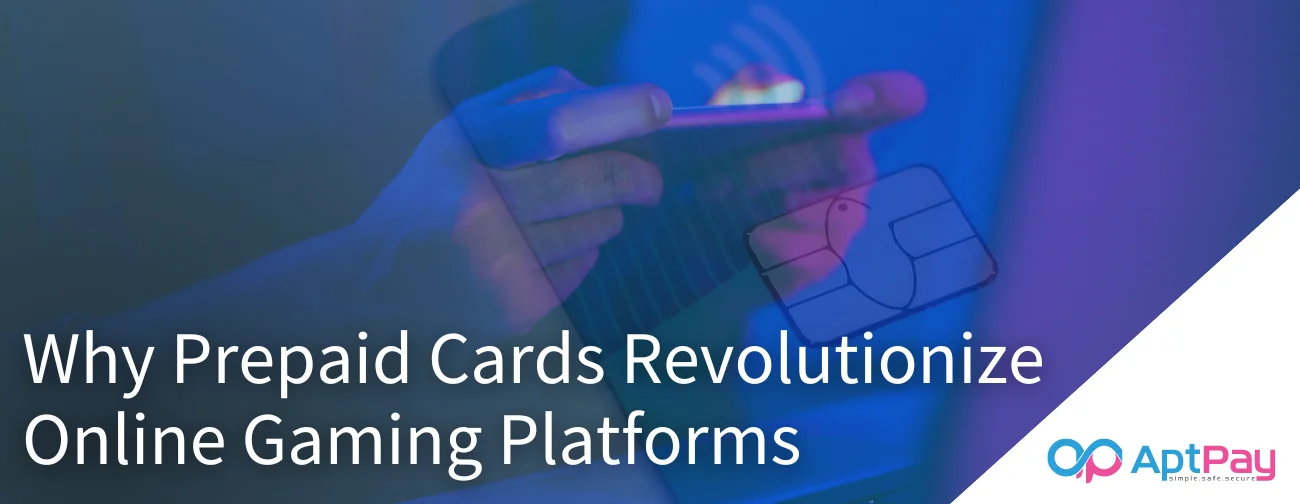When it comes to safeguarding payments in online gaming, you must prioritize security measures to protect your financial transactions and personal data.
By exploring innovative technologies and best practices, you can stay ahead of potential threats in the digital landscape.
As cybercriminals constantly evolve their tactics, staying informed about the latest security strategies is key to maintaining a secure gaming environment.
Key Takeaways
- Utilize secure payment gateways with robust encryption for online gaming transactions.
- Implement tokenization technology to safeguard sensitive payment data in the gaming environment.
- Employ real-time transaction monitoring and machine learning algorithms for fraud prevention.
- Enhance security with biometric authentication measures for player identity verification.
- Educate players on recognizing and preventing fraudulent activities to ensure secure payments.
Secure Payment Gateways
Utilize secure payment gateways to safeguard financial transactions within the online gaming industry.
Secure encryption is paramount in guaranteeing that sensitive data transmitted during payment processing remains confidential and protected from unauthorized access. Payment gateways serve as the intermediary between players, online gaming platforms, and financial institutions, facilitating secure transactions by encrypting data such as credit card details, personal information, and transaction amounts.
Effective implementation of secure payment gateways involves robust encryption protocols that utilize advanced cryptographic techniques to encode data.
This encryption ensures that payment information is scrambled into unreadable formats, preventing interception and unauthorized decryption attempts.
Additionally, secure payment gateways integrate stringent security measures such as tokenization to replace sensitive data with unique tokens, further enhancing data protection during payment processing.
AptPay [link to home page] is recognized as a secure payment gateway, providing robust encryption and advanced security measures to safeguard every transaction within the online gaming industry.
Fraud Detection Systems
Implementing advanced fraud detection systems is vital in safeguarding online gaming platforms against fraudulent activities and unauthorized access.
Machine learning algorithms play an important role in detecting patterns and anomalies that may indicate potential fraud.
By analyzing vast amounts of data in real time, these systems can identify suspicious behavior and flag it for further investigation.
Behavioral analysis is another key component of fraud detection systems in online gaming. By monitoring user interactions and transactions, these systems can establish a baseline of normal behavior for each player.
Any deviations from this baseline, such as sudden large transactions or unusual login locations, can trigger alerts for closer scrutiny.
Combining machine learning and behavioral analysis allows fraud detection systems to adapt and evolve alongside emerging threats in the online gaming industry.
This proactive approach helps mitigate risks and protect both players and platforms from financial losses and reputational damage.
By staying ahead of fraudsters through advanced technology, online gaming platforms can ensure a secure and trustworthy environment for their users.
Tokenization Technology
To further strengthen your online gaming platform against potential security breaches and enhance payment protection, consider integrating tokenization technology.
Tokenization technology works by replacing sensitive payment information with unique tokens, reducing the risk of data theft during transactions.
This process involves assigning a random token to each transaction, ensuring that the actual payment details are never exposed to potential threats. By implementing tokenization, you can enhance your platform’s security measures considerably.
Enhanced encryption is a key feature of tokenization technology, as it secures payment data both in transit and at rest. This ensures that all sensitive information is safeguarded against unauthorized access, providing an extra layer of protection for your players’ financial details.
Additionally, tokenization contributes to overall payment security by minimizing the chances of fraudulent activities such as identity theft and unauthorized transactions.
Regular Security Audits
Consider conducting regular security audits to proactively evaluate and strengthen your online gaming platform’s defense mechanisms against potential threats.
Security compliance is vital in the online gaming industry, where sensitive player information and payment details are at risk.
By implementing routine vulnerability assessments through security audits, you can identify weak points in your system and address them promptly.
Regular security audits involve a thorough review of your platform’s security protocols, systems, and processes to ensure they meet industry standards and regulatory requirements.
These audits help in detecting any vulnerabilities or non-compliance issues that could expose your platform to cyber threats.
Through vulnerability assessments conducted during security audits, you can pinpoint areas that may be susceptible to attacks and take corrective actions to enhance your platform’s security posture.
By staying proactive and regularly evaluating your security measures, you can mitigate risks and safeguard your online gaming platform from potential security breaches.
Real-time Transaction Monitoring
Implementing real-time transaction monitoring enhances the security posture of online gaming platforms by providing immediate oversight of financial activities.
By utilizing machine learning algorithms, online gaming platforms can analyze transactions as they occur, flagging any suspicious or anomalous behavior in real time. Machine learning enables these systems to adapt and improve over time, learning from patterns and continuously enhancing their ability to detect fraudulent activities.
Vital Anomaly detection plays a significant role in real-time transaction monitoring by identifying deviations from normal transaction patterns.
Through sophisticated algorithms, these systems can quickly pinpoint unusual transactions, such as large withdrawals, multiple transactions within a short time frame, or transactions from unfamiliar locations.
This rapid detection allows for immediate intervention to prevent potential fraudulent activities from causing financial harm.
Biometric Authentication Measures
Enhance the security measures of online gaming platforms by integrating cutting-edge biometric authentication technologies for robust user verification.
Behavioral biometrics and voice recognition are two key elements that can greatly strengthen the protection of online gaming payments.
Behavioral biometrics analyze unique patterns in how users interact with their devices, such as keystroke dynamics and mouse movements.
By incorporating behavioral biometrics into the authentication process, online gaming platforms can create a more secure environment by verifying users based on their individual behavior patterns.
Voice recognition technology adds an additional layer of security by verifying users through their voice characteristics.
By capturing and analyzing voice patterns, online gaming platforms can ensure that only authorized users are accessing their accounts and making payments.
Integrating these biometric authentication measures not only enhances security but also provides a seamless user experience. Players can enjoy their favorite games without the hassle of remembering complex passwords or worrying about unauthorized access. By implementing these cutting-edge technologies, online gaming platforms can stay ahead of cyber threats and protect payments effectively.
Customer Education Initiatives
To maximize online gaming payment security, educating customers on best practices is essential for fostering awareness and proactive protection measures.
Interactive tutorials can be a valuable tool in helping users understand secure payment processes, such as setting up two-factor authentication or recognizing phishing attempts. These tutorials can simulate real-world scenarios, guiding players on how to navigate potential security risks effectively.
Moreover, targeted campaigns tailored to specific player segments can enhance the effectiveness of educational initiatives. By analyzing player behavior and preferences, gaming platforms can deliver personalized security messages to users, increasing the likelihood of engagement and retention. These campaigns can highlight the importance of secure payment practices, such as regularly updating passwords and avoiding sharing sensitive information.
Customer education initiatives in online gaming should aim to empower players with the knowledge and tools necessary to safeguard their payment information. By leveraging interactive tutorials and targeted campaigns, gaming platforms can proactively enhance payment security and cultivate a more secure gaming environment for all users.





